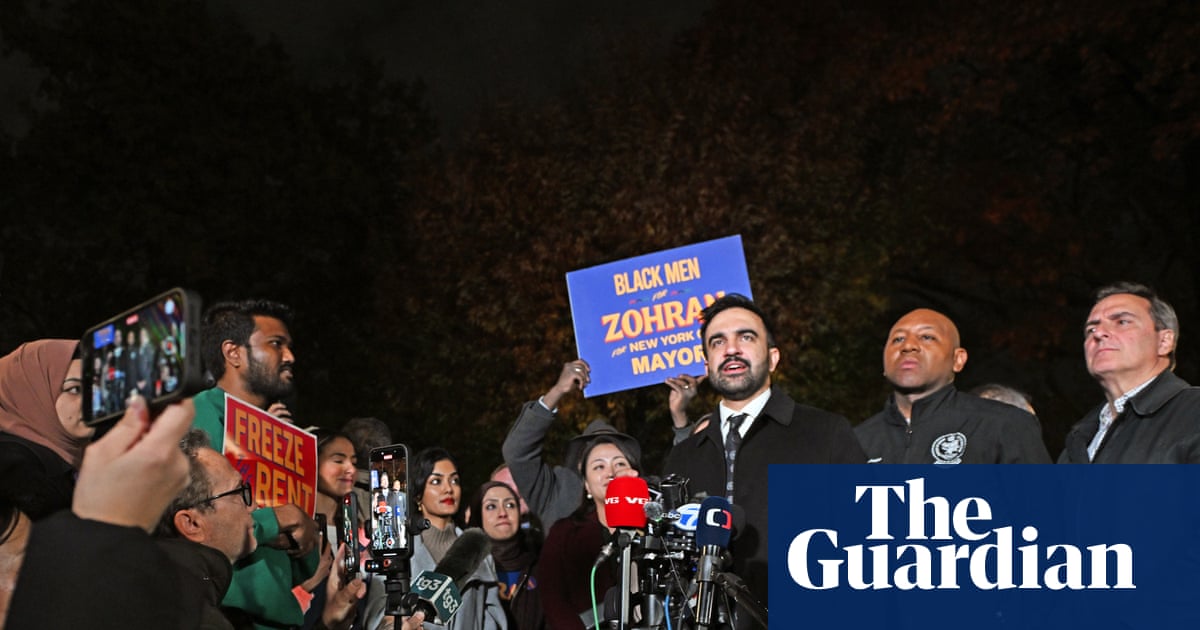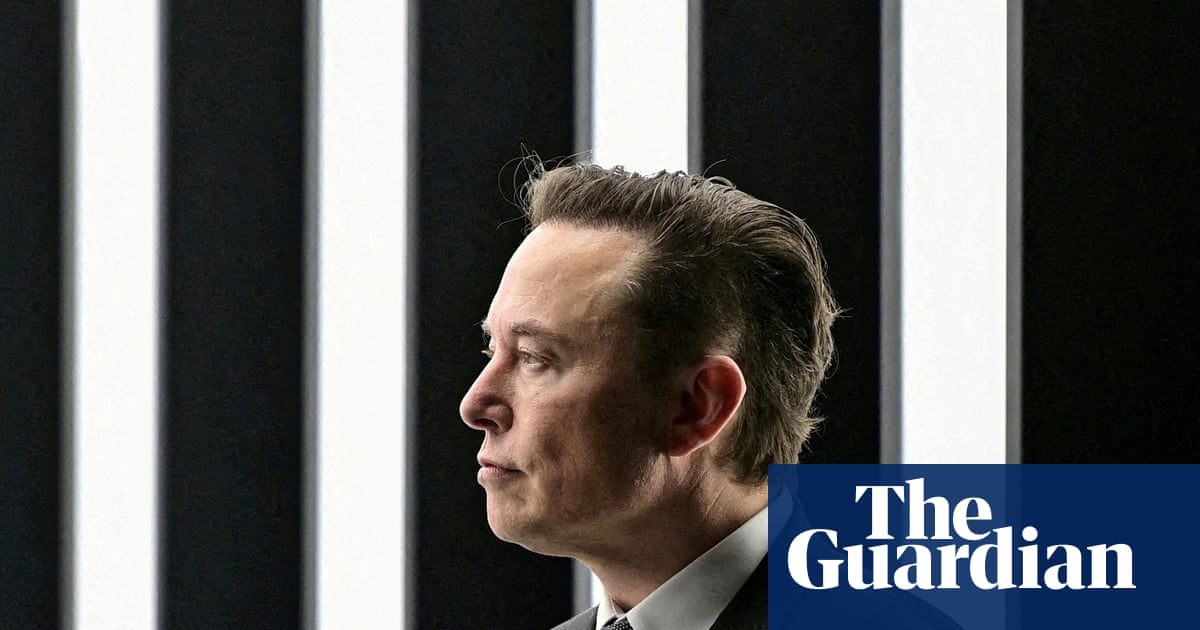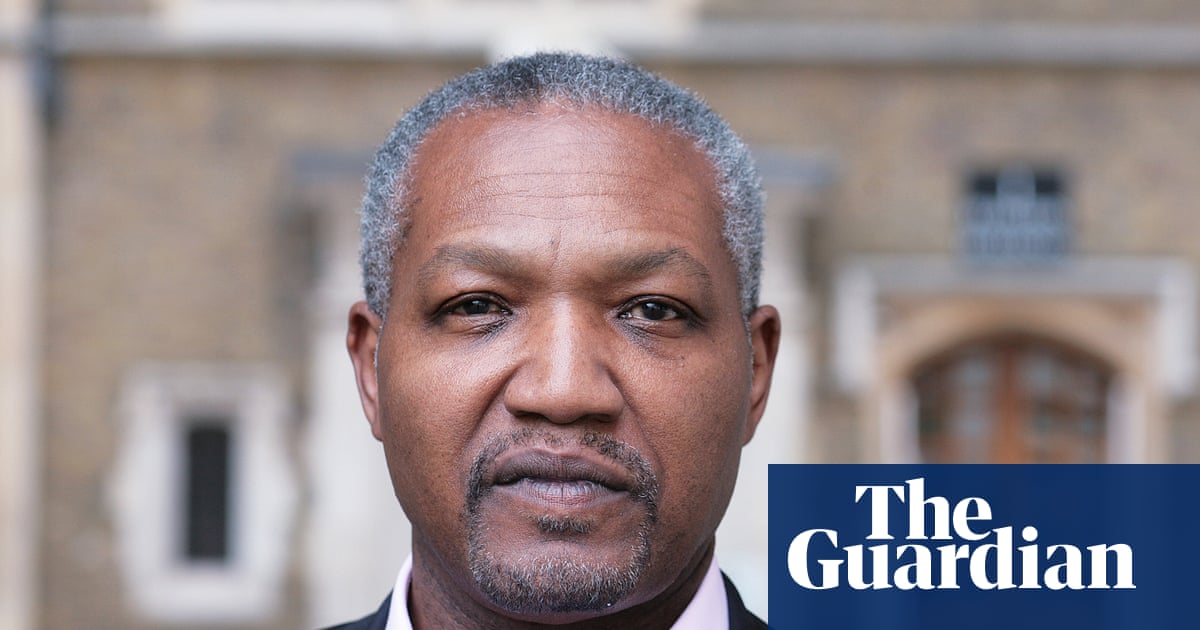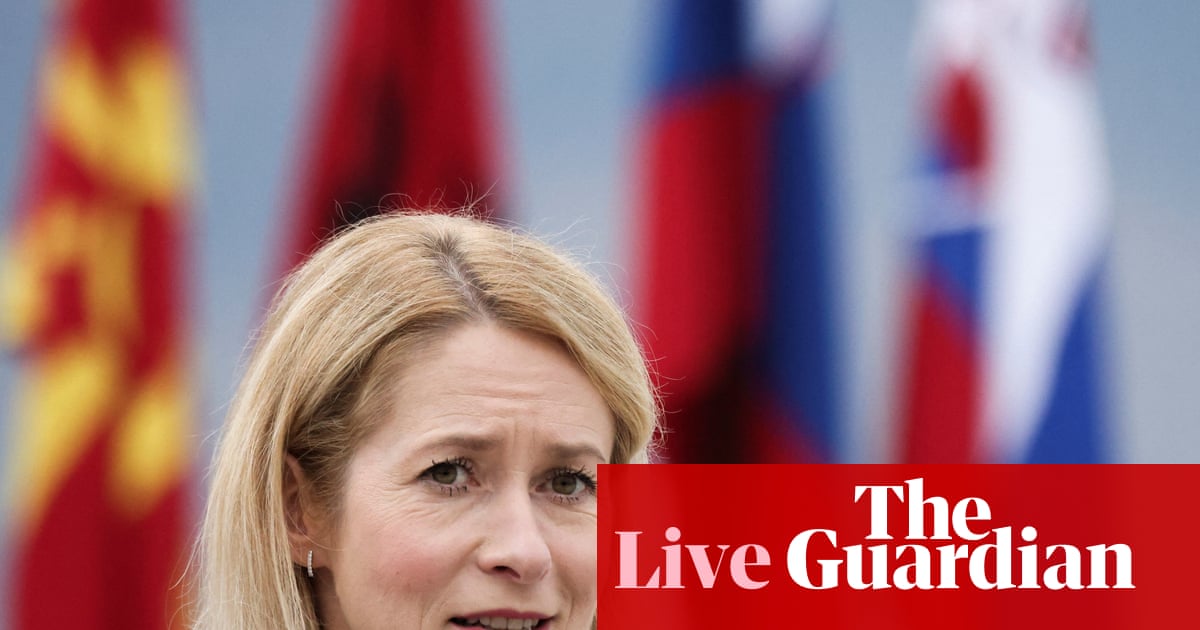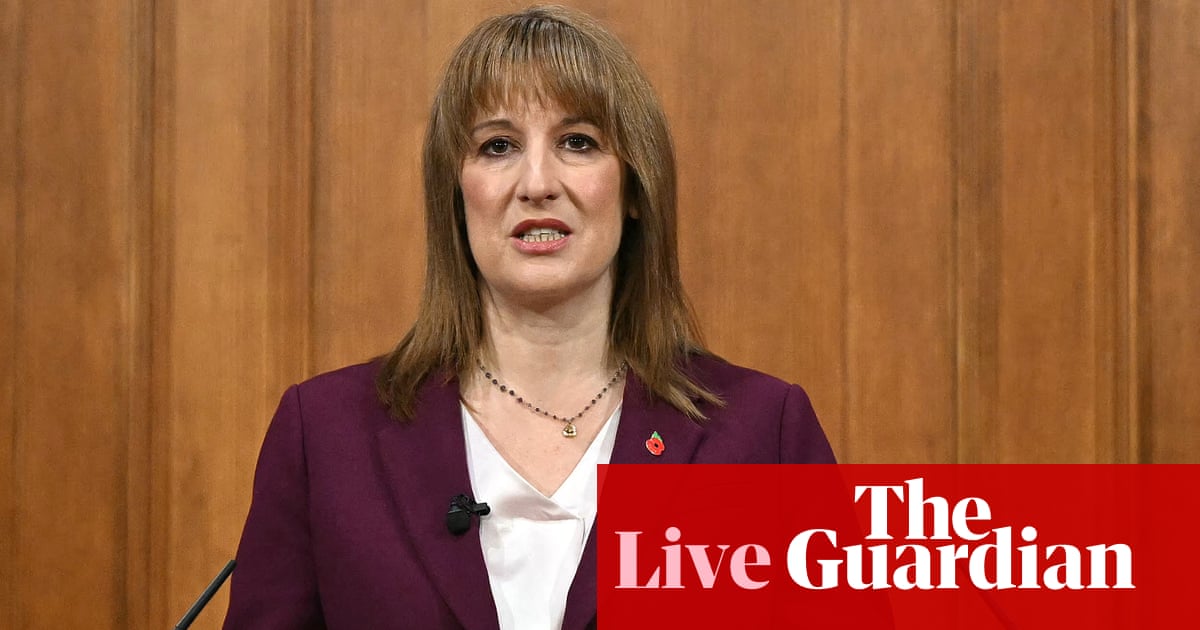Nigel Farage is the most influential politician of his generation never to have held ministerial office. His campaigning prowess was instrumental in taking Britain out of the European Union. The methods he used, ratcheting the terms of debate ever rightwards, galvanising public dissatisfaction on a range of issues and connecting it to immigration, are now being deployed to boost his candidacy as a future prime minister.
Opinion polls suggest it could happen. Mr Farage will want the Reform UK annual conference in Birmingham this weekend to project a sense that his march on Downing Street is unstoppable. It can and must be stopped.
A preview of what Reform UK government would involve is available across the Atlantic. Mr Farage was in Washington earlier this week, stoking radical Republicans’ paranoid illusion of Britain as a hellscape where free speech is stifled and national culture is corroded by immigration. He endorsed Donald Trump’s method of mass deportations, enforced with contempt for law and human rights.
Mr Trump uses vicious rhetoric to stir fear and hatred of migrants, casting them as predators and criminals, blurring the distinction between illegal arrivals and legally settled, foreign-born citizens. He mobilises racial animosity for a wider project to degrade the constitution, dissolve civic norms and submit the US to authoritarian rule. That is the agenda Mr Farage admires. It is the playbook he is following.
The UK has a better record than many comparable democracies at integrating migrant communities and cultivating an open, tolerant, multicultural society. Politicians have tested the boundary where demand for stricter migration control shades into xenophobia, but there used to be taboos. Talk of rounding people up for mass deportation was confined to the outermost fringe. Now it is mainstream. That is partly Mr Farage’s doing, but it is a function also of cowardly imitation by other politicians who envy his knack for attracting publicity, and his poll ratings.
Robert Jenrick, the Conservative shadow justice secretary, has called for asylum seekers to be “detained in camps” resembling “rudimentary prisons”. He wants “net emigration”, to give the UK “breathing space”, implying pressure on people who have legally settled in Britain to leave. That is not official Tory policy, but Kemi Badenoch, the party’s hapless leader, never contradicts the man whom many Conservatives treat as her successor-in-waiting.
Mrs Badenoch’s acquiescence to radical nationalism is consistent with post-Brexit trends in Conservatism. More disturbing is the Labour government’s failure to mount an effective defence of multicultural tolerance or push back against the venomous tide of anti-immigrant rhetoric. Sir Keir Starmer’s strategy for dealing with Mr Farage is to accept his definition of the nation’s No 1 problem – wicked, unchecked migration – and only query the practicality of his extreme solutions.
That approach predictably reinforces Mr Farage’s credibility among people who already don’t trust Labour, while alienating Labour supporters who crave a government brave enough to stand up to Mr Farage. It is a self-defeating spectacle and a dangerous one. Sir Keir’s prospects of re-election depend on the support of voters appalled by Reform UK and what it represents. If the Labour leader is unable even to describe the threat, he will fail to counter it and British democracy will be the loser.

 1 month ago
40
1 month ago
40



